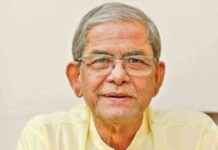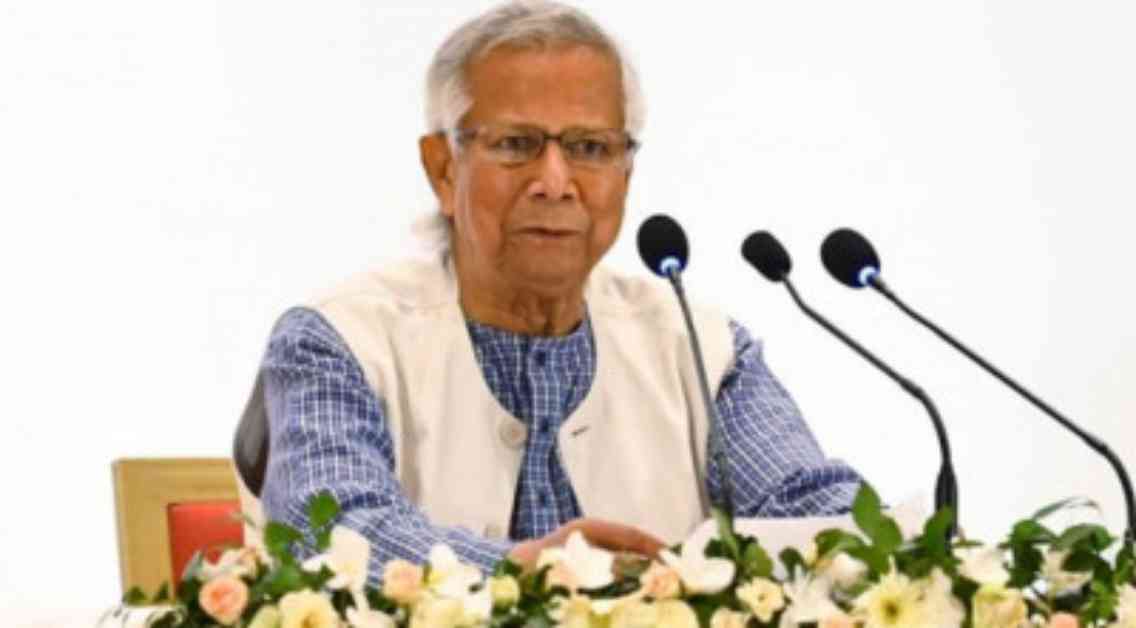Former MP Abul Kalam Azad Accused of Fraud
In a shocking turn of events, former MP Abul Kalam Azad from Rajshahi-4 constituency has been embroiled in a case of fraud under the name of the former MP. The Anti-Corruption Commission (ACC) has initiated an investigation into the matter and filed the case at the coordinated district office on Tuesday, January 21.
Assistant Director of the district office, Borhan Uddin, has taken the responsibility of filing the case, and copies of the case have been sent to the district and sessions judge court. The accusation revolves around Azad allegedly embezzling a staggering amount of Tk 33,65,661 during his tenure as the mayor of Taherpur Municipality in Bagmara, Rajshahi. These funds were purportedly misappropriated through collusion with officials and staff members.
Implications of the Fraud Allegations
The allegations against Azad extend beyond his involvement as a former mayor and MP. Other individuals implicated in the case include Khaled Mohammad Selim, a contractor in the New Market area of Rajshahi, Abdul Kader, the executive engineer of Taherpur Municipality, and Jahidul Haque, an assistant engineer.
The ACC investigation revealed discrepancies in a special project worth Tk 13 crore funded by the Environment and Climate Trust Fund in Taherpur Municipality. Although the project was supposed to involve the construction of a 415-meter embankment at a cost of Tk 4,98,25,25, only 405 meters were completed. Despite the incomplete work, the full amount was allegedly paid to the contractor.
Public Outcry and Political Fallout
The arrest of Abul Kalam Azad has sparked public outrage, especially following the downfall of the Awami League government. His arrest symbolizes a broader sentiment of disillusionment with the current political landscape in Bangladesh. Azad’s incarceration serves as a stark reminder of the consequences of corruption and misuse of power in public office.
As the case unfolds, it raises questions about the accountability of elected officials and the need for greater transparency in governance. The impact of such allegations reverberates not only through the political sphere but also in the hearts and minds of citizens who demand integrity and ethical leadership from their representatives.
In the midst of these developments, it is crucial to reflect on the values that underpin a democratic society and hold those in power accountable for their actions. The case of Abul Kalam Azad serves as a cautionary tale of the dangers of unchecked corruption and the importance of upholding the rule of law to ensure justice and fairness for all.



























